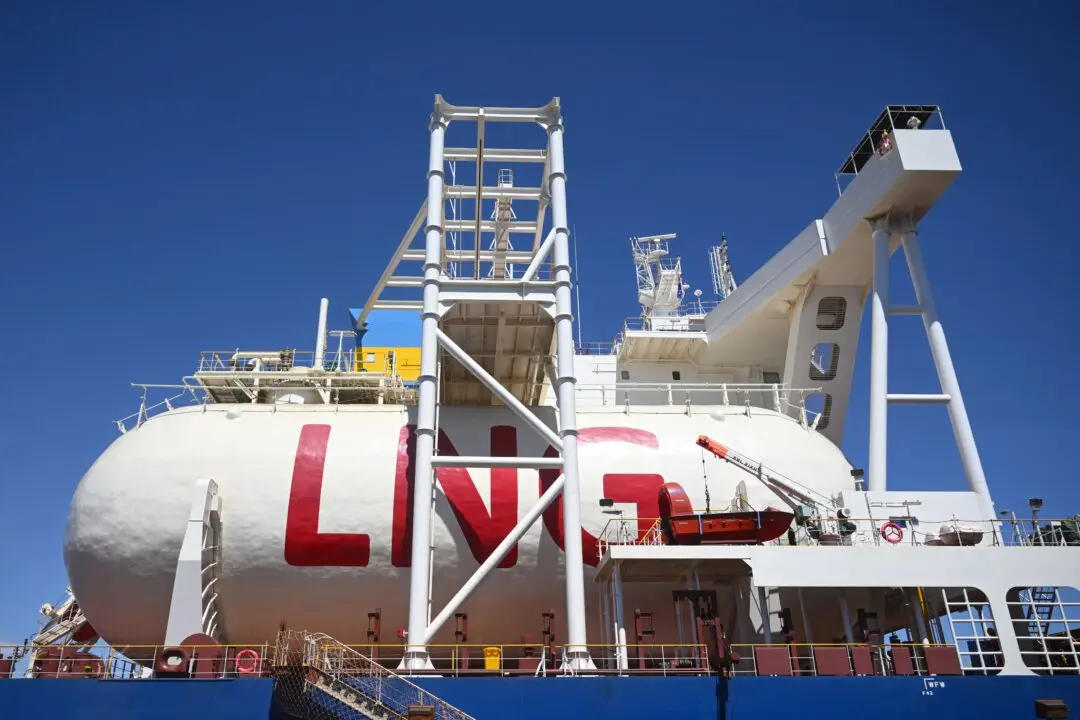The head of vaccine maker Medicago explained to MPs why the company never delivered the promised doses to Canada, saying that the evolution of the virus had made their product “irrelevant.”
Toshifumi Tada, president and CEO of Medicago, testified to the House of Commons health committee on Dec. 11, as MPs conduct a study on how the Canadian government spent over $300 million on the vaccine maker for no doses.





